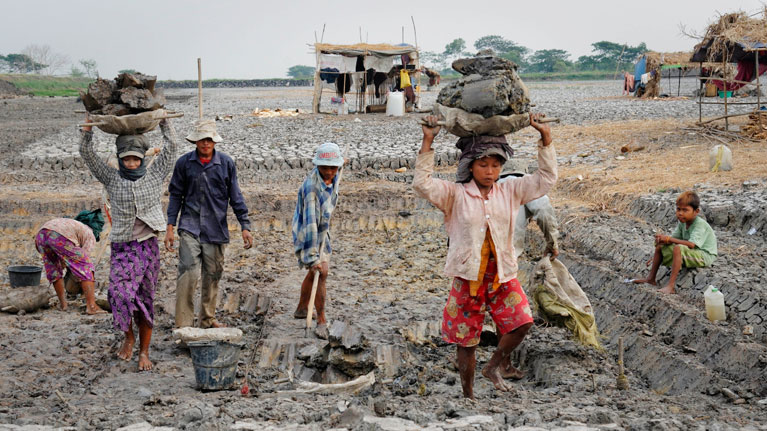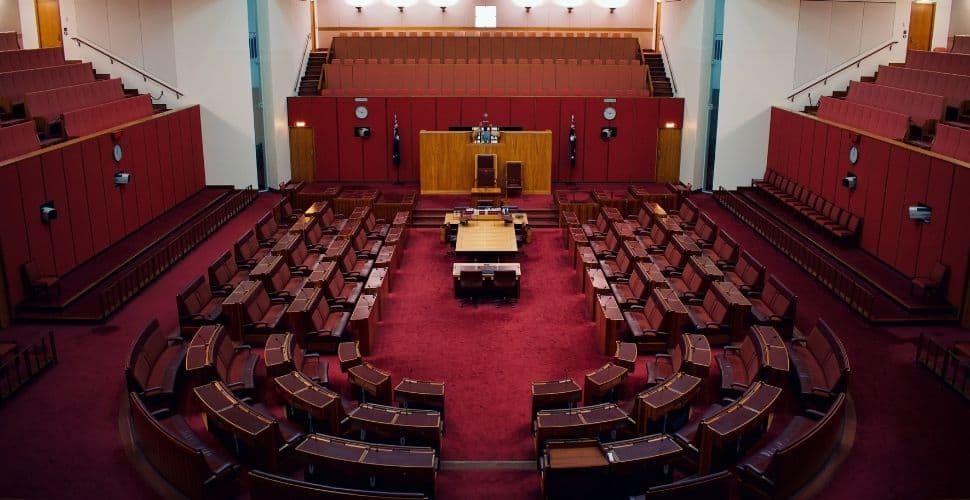The Australian Senate has passed a bill that will ban the importation of any goods made in whole or in part from forced labour.

The Bill was introduced by independent senator Rex Patrick. Motivations behind the move have come from the horrendous human rights abuses in parts of China for minorities, namely of the Uyghur population.
The Bill – The Customs Amendment (Banning Goods Produced By Forced Labour) Bill 2021 – aims to ban the import of products that are produced in whole or part by forced labour.
“Slave labour is abhorrent. Its human cost is horrendous and it leaves Australian businesses competing against imports on unfair terms,” Senator Patrick told the Senate.
The bill will need to be approved by the House of Representatives for it to become official Australian law.
Human Rights Abuses of the Uyghur People
The Bill comes following the vast mistreatment of the Uyghur population in its Xinjiang territory of China. Uyghurs are a Turkish ethnic group. They are considered to be one of China’s 55 officially recognised ethnic minorities.
The human rights abuses are so horrendous that human rights organisations and groups are calling out China for genocide.
Uyghur people are being used for forced labour, coerced into factory jobs and women are being sterilised against their will. Uyghur people have also been placed in political “re-education” camps. And according to Human Rights Watch, satellite images also show the recent emergence of new factories, connected to or near the camps, where inmates allegedly provide low-cost or unpaid labour.
Labourers are described as living in dormitories and are prohibited from returning to their homes regularly. They receive little to no pay, unless they complete “training”. And many are coerced into picking cotton that is used in Western brands and products.
The Bill
The Chinese government and authorities have been substantial in the exploitation of Uyghurs and other Turkish Muslims in human rights abuses. The forced labour has been said to be part of the Chinese governments “idle labour transfer programs”. These programs force ethnic minorities into jobs, including those in factories.
Yet China has denied all allegations of human rights violations and has instead said these camps are in place to ward off separatism and Islamic militancy in the region.
Senator Patrick has stressed the importance of this Bill as necessary for the Australian government to send a message to the Chinese government.
“This action cannot be further delayed … we need to send a very clear political signal to Beijing and to the numerous international brands that have been happy to turn a blind eye to China‘s massive exploitation of forced labour,” he said.
“We need to send that signal right now – before the Beijing Winter Olympics next February – when the Chinese Communist Party intend to bask in a massive international propaganda event.”
The bill also serves to show how the denial of human rights in production and manufacturing is unfair and unethical. Patrick stressed that allowing such import not only fails international obligations but also falls short of Australian values.
And the bill claims that this also undermines our own industry, by upholding unrealistic standards where Australia cannot compete. Labor, the Greens and human rights groups and organisations have supported the bill. And many have suggested going further than penalising. Groups have suggested that Australia implement measures to detect and prevent the import of goods from forced labour.
“Slavery is not a thing of the past,” the Greens senator Janet Rice said.
Combatting Modern Slavery

“The use of forced labour within global production chains has emerged as a major humanitarian concern.”
Forced labour is as present as ever, including the abuses to the Xinjiang region. And forms of modern slavery are growing at rapid rates. According to Senator Patrick, global brands Apple, Amazon and H&M have been benefiting from the forced labour of Uighurs in China.
But the Bill extends beyond the scope of China’s human rights abuses. If passed as law, goods from any country produced by forced labour will be subject to the same penalties under the Customs Act. These apply to other prohibited items, including pornography, firearms and other weapons, ammunition and counterfeit goods.
A similar bill – The Uyghur Forced Labor Prevention Act – has also passed in the US earlier this year. The Act assumes all products made in the Xinjiang region are made with forced labour and prohibits their import.
Senator Rex Patrick said, “The bill is, I acknowledge, something of a blunt instrument.” But it’s a start.
For now, the bill still needs to be passed in the House of Representatives. But it is setting new standards for Australia and meeting obligations to international law and human rights obligations.
Subscribe to FIB’s Weekly Breaking News Report for your weekly dose of music, fashion and pop culture news!






